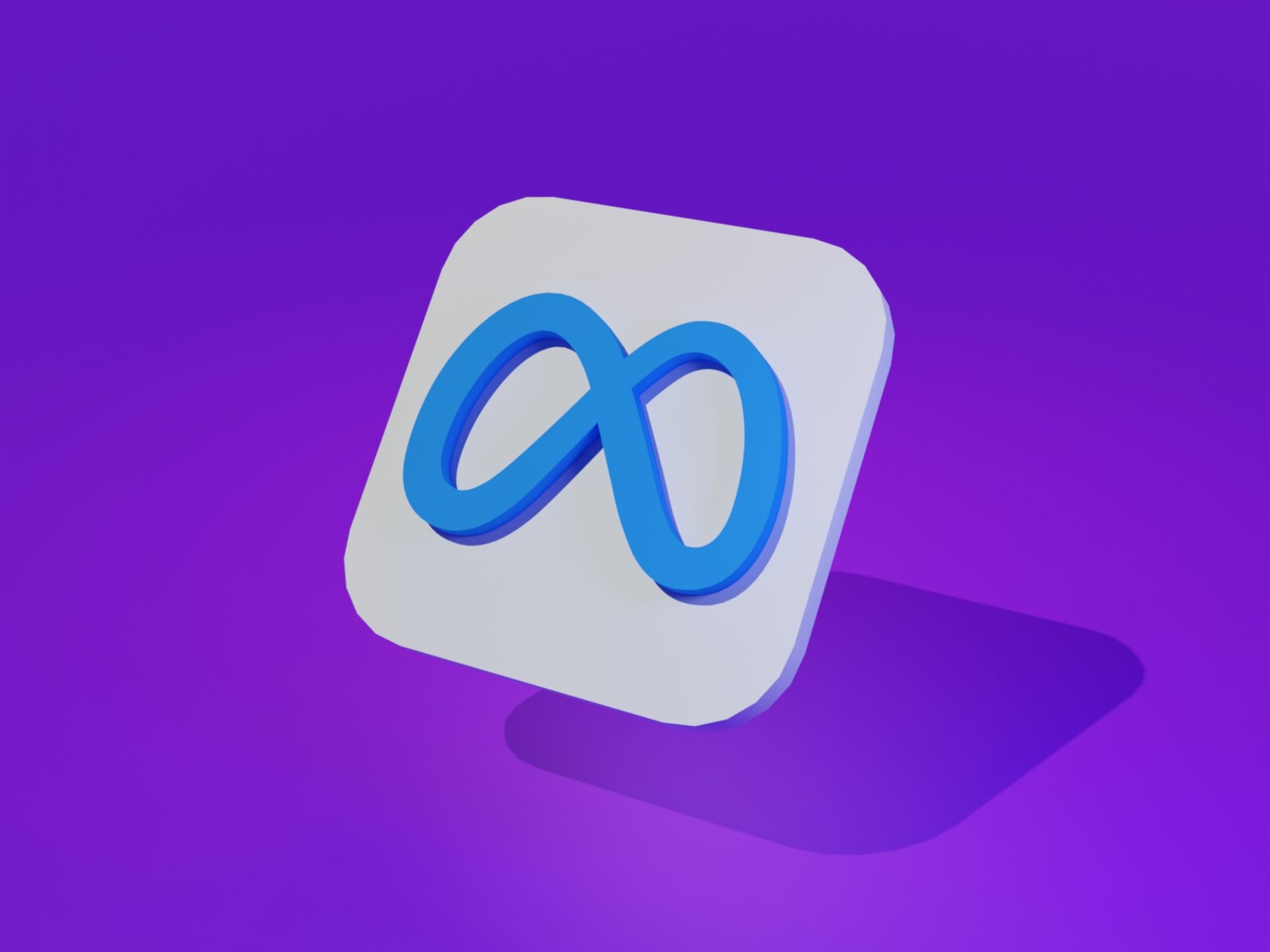An Australian court recently ruled against Meta Platforms, the owner of Facebook, ordering them to pay $20 million AUD ($14 million USD) in fines for secretly collecting user data through the Onavo app without disclosing their actions. Onavo was marketed as a privacy protection app but was used by Meta to gather user location, app usage patterns, and website visits for advertising purposes. This article discusses the court ruling, its implications for Meta, and the importance of transparent data collection.
The Federal Court of Australia has recently issued a ruling requiring Meta Platforms, which operates Facebook Israel and formerly had the Onavo app, to pay $20 million in fines for violating consumer laws. Furthermore, the court has ordered Meta to cover $400,000 in legal costs for the Australian Competition and Consumer Commission (ACCC), the organization that filed the civil lawsuit against the company.
According to the court’s findings, Meta’s failure to disclose its data collection practices through Onavo deprived Australian consumers of the opportunity to make informed decisions about their data usage. In her written judgment, Judge Wendy Abraham remarked that considering the number of app downloads and the potential for multiple breaches of consumer law, Meta could have faced fines amounting to hundreds of billions of dollars. However, the court treated these violations as a single course of conduct.
This fine resolves one aspect of Meta’s legal issues in Australia concerning user data handling. Nevertheless, the company is still facing a civil court action brought forth by Australia’s Office of the Information Commissioner, related to its dealings with Cambridge Analytica during the 2016 U.S. election scandal. The Australian government is closely examining Meta’s actions concerning user data management and their potential impact on privacy rights.
Facebook’s Onavo, which was available from 2016 to 2017, claimed to offer enhanced privacy and data protection through a virtual private network (VPN) service. However, as revealed in court proceedings, Facebook exploited Onavo to gather extensive user data, including location, app usage patterns, and website visits, without users’ knowledge or consent.
Judge Wendy Abraham emphasized Onavo’s deceptive nature, stating that its advertisements falsely promised privacy while covertly collecting data for advertising purposes. This lack of transparency denied tens of thousands of Australian consumers the chance to make informed decisions about their personal information.
Meta responded to the court ruling by releasing a statement acknowledging that they did not intend to mislead customers. They highlighted their efforts to provide transparency and control over user data, explaining that they had developed tools to empower users to manage their data effectively. However, the Australian Competition and Consumer Commission (ACCC) insisted that consumers should be able to make informed decisions based on clear information about data collection and use.
The $20 million fine imposed on Meta is substantial and serves as a significant penalty for their failure to disclose data collection practices through the Onavo app. Despite Meta’s global revenues of $116 billion in the previous year, the court ruling emphasizes the importance of adhering to consumer protection laws and respecting user privacy. This sizable fine sends a strong message that companies must prioritize transparency and accountability in their data handling practices.
The court’s decision against Meta Platforms, demanding a $20 million fine for undisclosed data collection via the Onavo app, highlights the significance of transparency and informed consumer choice in the digital era. Users should have the right to understand and control how their data is used. As technology continues to advance, it becomes increasingly crucial for companies to prioritize ethical data practices and respect user privacy. The Australian court’s decision serves as a reminder to businesses worldwide to uphold consumer protection laws and foster a culture of transparency in data collection.
FAQs
Q: What is Meta Platforms? A: Meta Platforms, formerly known as Facebook, is a social media and technology company that owns various platforms and services, including Facebook, Instagram, WhatsApp, and Oculus.
Q: What is the Onavo app? A: Onavo was a virtual private network (VPN) app offered by Facebook. It claimed to enhance user privacy and data protection but was secretly used to collect user data for advertising purposes.
Q: Why did the court fine Meta Platforms? A: The court fined Meta Platforms for collecting user data through the Onavo app without disclosing its actions, thereby depriving users of the opportunity to make informed choices about their personal information.
Q: How much was the fine imposed on Meta Platforms? A: Meta Platforms was ordered to pay fines totaling A$20 million ($14 million) for its undisclosed data collection practices through the Onavo app.
Q: Is Meta Platforms still facing legal issues related to data handling? A: Yes, Meta Platforms is still facing a civil court action initiated by Australia’s Office of the Information Commissioner over its dealings with Cambridge Analytica, a data analytics firm involved in a global scandal.
Q: What does this ruling mean for user privacy and data protection? A: This ruling reinforces the importance of transparency and informed consumer choice in data collection practices. It serves as a reminder that companies must prioritize ethical data handling and respect user privacy rights.
Q: How can users protect their data and privacy? A: Users can protect their data and privacy by being cautious about the apps and services they use, reviewing privacy settings, and regularly checking for updates and permissions required by the apps they have installed.
Q: What steps has Meta Platforms taken to improve data transparency and control? A: Meta Platforms has developed tools that give users more transparency and control over how their data is used. These include privacy settings, data access controls, and options to manage ad preferences.
First reported by REUTERS.










